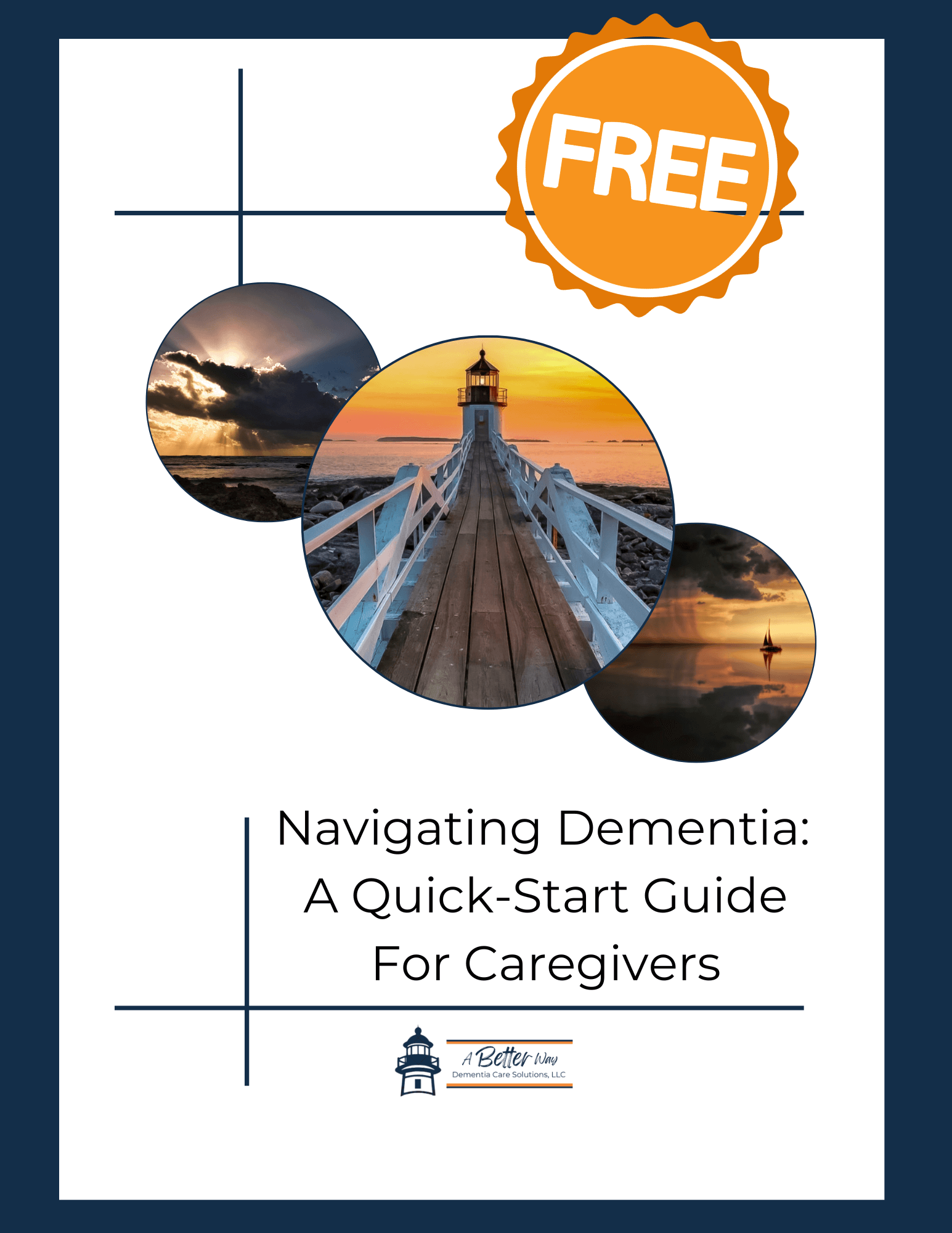
Caring for someone with dementia requires planning for their medical, financial, and personal needs. One of the most important yet often overwhelming aspects of this journey is legal preparation. Without the right legal documents in place, caregivers may face challenges in making decisions that align with their loved one’s wishes. In this guide, we will explore essential legal documents every dementia caregiver should know about, including advance directives, power of attorney (POA), and other crucial legal tools to ensure a smooth and stress-free caregiving journey.
Why Legal Planning for Dementia Matters
Dementia is a progressive condition, meaning decision-making abilities will decline over time. Establishing legal directives early ensures that the person you care for maintains control over their future, even when they can no longer communicate their wishes. Proper legal planning:
- Ensures medical and financial decisions align with the individual’s preferences.
- Prevents legal complications for caregivers and family members.
- Reduces stress during medical emergencies or care transitions.
- Protects financial assets and personal interests.
Essential Legal Documents for Dementia Care
1. Advance Directives: Communicating Future Healthcare Decisions
Advance directives are legal documents that outline a person’s healthcare preferences in case they become unable to make decisions themselves. These documents ensure that medical treatment aligns with their values and wishes. The two primary types of advance directives are:
Living Will
A living will provides written instructions regarding medical care, such as:
- Whether the person wishes to receive life-sustaining treatments (e.g., ventilators, feeding tubes).
- Preferences regarding pain management and palliative care.
- Specific instructions on resuscitation (DNR – Do Not Resuscitate orders).
Healthcare Proxy (Medical Power of Attorney)
A healthcare proxy designates a trusted person to make medical decisions on behalf of the individual with dementia. This person, known as a healthcare agent or proxy, ensures that healthcare providers follow the person’s medical preferences.
Tip: It is best to discuss these preferences early and ensure the designated proxy understands their responsibilities.
2. Power of Attorney (POA): Managing Finances and Legal Affairs
Power of Attorney is a legal document that grants a trusted individual the authority to make financial, medical, or legal decisions. There are different types of POAs, each serving specific purposes:
Durable Power of Attorney (Financial POA)
This document allows a designated agent to manage financial matters such as:
- Paying bills and managing bank accounts.
- Handling real estate and property transactions.
- Filing taxes and managing investments.
Why It’s Important: Without a POA, caregivers may face difficulties accessing financial resources needed for the person’s care.
Springing Power of Attorney
Unlike a durable POA, a springing POA takes effect only when the person is deemed legally incapacitated. While this might seem ideal, proving incapacity can delay critical financial decisions.
3. Guardianship and Conservatorship: When POA Isn’t in Place
If a person with dementia has not set up a POA and loses the ability to make decisions, caregivers may need to seek guardianship or conservatorship through the court system. This process can be costly and time-consuming, reinforcing the importance of early legal planning.
- Guardianship grants legal authority to make personal and healthcare decisions.
- Conservatorship provides control over financial matters.
4. Wills and Estate Planning: Protecting Assets and Legacies
Estate planning ensures that financial and personal assets are distributed according to the person’s wishes. Key documents include:
- Last Will and Testament – Specifies how assets will be distributed and appoints an executor.
- Trusts – Can help manage assets and reduce financial burdens on heirs.
5. HIPAA Authorization: Ensuring Access to Medical Information
Under the Health Insurance Portability and Accountability Act (HIPAA), medical providers cannot share health information without proper authorization. A signed HIPAA release allows caregivers and family members to access vital medical records and communicate with healthcare providers.
Steps to Get Started with Legal Planning
- Have Open Conversations Early – Discuss legal plans with the person you care for while they can still make informed decisions.
- Consult an Elder Law Attorney – An attorney can help draft legally binding documents that comply with state laws. To find one in your state, click here.
- Organize Important Documents – Keep copies of legal documents in a safe and accessible place.
- Regularly Review and Update Plans – Life circumstances change, and legal documents should reflect current wishes.
- Communicate with Family Members – Ensure everyone involved in care understands the legal plans to prevent conflicts.
Final Thoughts
Legal planning for dementia may seem overwhelming, but taking proactive steps can protect the person you care for and provide peace of mind. Whether it’s setting up advance directives, assigning POAs, or ensuring access to medical records, each document plays a crucial role in maintaining dignity, autonomy, and security. By addressing these legal matters early, caregivers can focus more on providing compassionate care and less on navigating legal challenges.
Call to Action
If you’re beginning the dementia care journey, now is the time to start legal planning. Consult with an elder law attorney to ensure you have the right documents in place.
Need more caregiving tips and support?
- Subscribe to our newsletter for expert advice, resources, and updates on dementia care. click here
- Join our private caregiver support group. click here
- Join our 1:1 caregiver coaching program. click here
REFERENCES
- Alzheimer's Association. (n.d.). Legal Planning. Retrieved from https://www.alz.org
- National Institute on Aging. (n.d.). Legal and Financial Planning for People with Alzheimer’s. Retrieved from https://www.nia.nih.gov
- American Bar Association – Commission on Law and Aging. (n.d.). Advance Directives and Legal Planning. Retrieved from https://www.americanbar.org/groups/law_aging/
- Centers for Medicare & Medicaid Services. (n.d.). Medicare and Medicaid Basics. Retrieved from https://www.cms.gov
- Family Caregiver Alliance. (n.d.). Legal Issues in Planning for Incapacity. Retrieved from https://www.caregiver.org
DISCLAIMER
The information contained in this blog post is for general educational and informational purposes only and should not be construed as legal advice, financial advice, health advice, or medical advice. The information provided is not a substitute for advice from a qualified professional who is aware of the facts and circumstances of your individual situation. We expressly recommend that you seek advice from a professional familiar with your specific situation.
Want to keep figuring this out together?
Subscribe to Finding Our Way in Dementia Care and get honest stories, helpful tips, and gentle support delivered to your inbox every week. Just real talk, grounded care, and space to breathe.
Subscribe to Finding Our Way in Dementia Care and get honest stories, helpful tips, and gentle support delivered to your inbox every week. Just real talk, grounded care, and space to breathe.
Kind truth. Clear steps. Warm guide.

















0 Comments